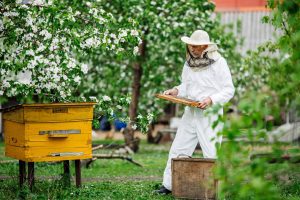- ABOUT
- PEST CONTROL
Bed Bug Treatment For Edmonton
At Birch Fumigators, we offer pest control services in Edmonton & the surrounding areas. We can help you get rid of bugs, birds, rodents, and more. Get the best pest control Edmonton.
- GENERAL PEST PROGRAM
- RESIDENTIAL
- COMMERCIAL
Commercial Pest Control
At Birch Fumigators, we offer commercial pest control services in Edmonton & the surrounding areas. We can help you get rid of bugs, birds, rodents, and more in a wide variety of commercial spaces.



